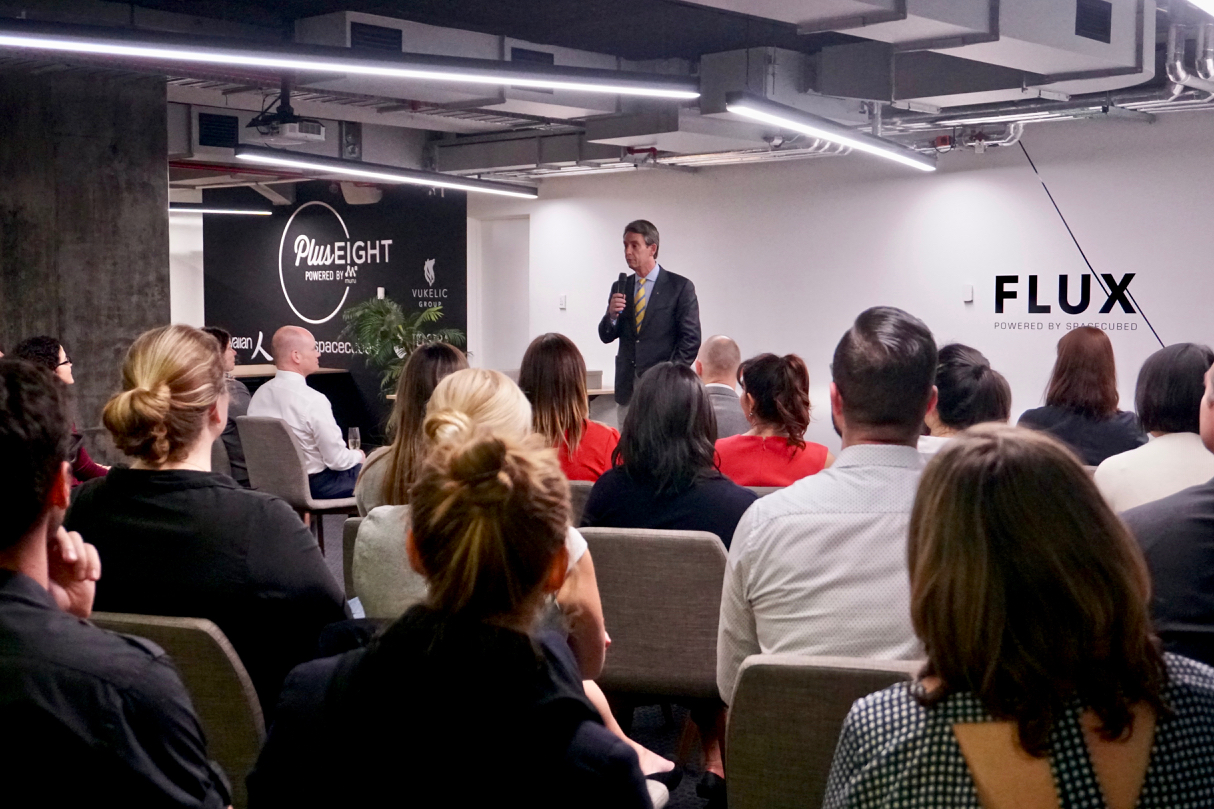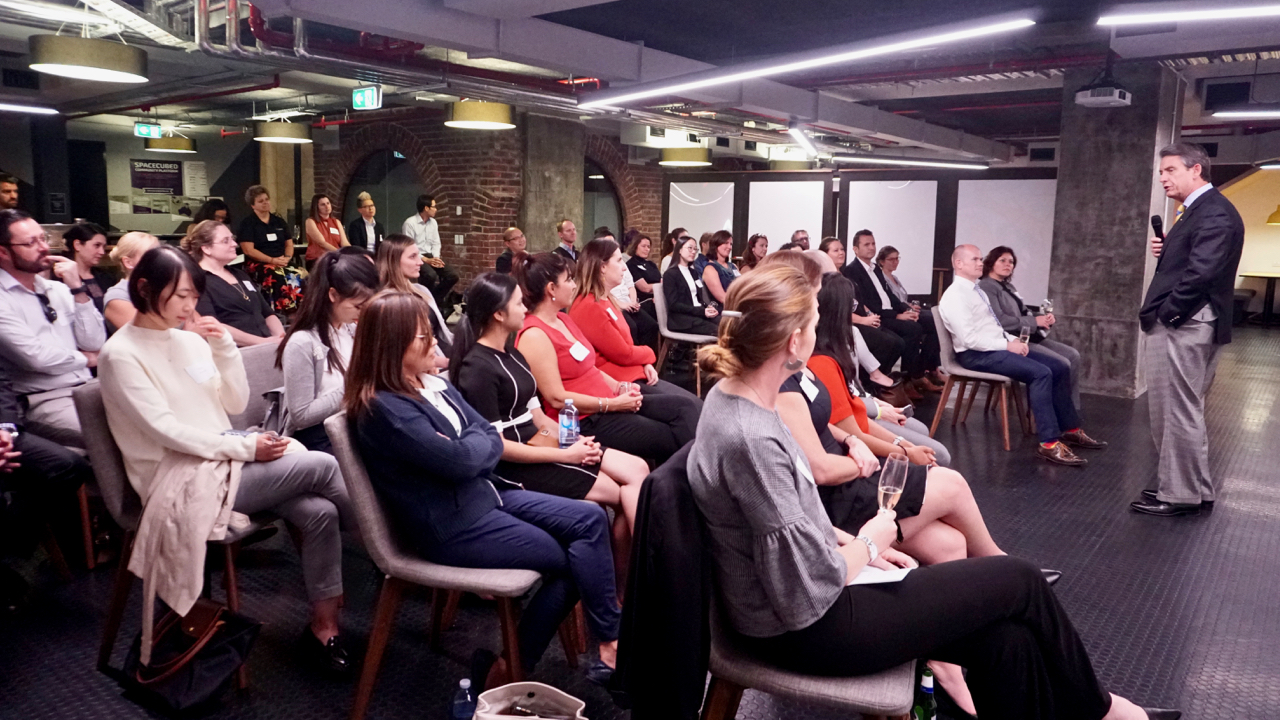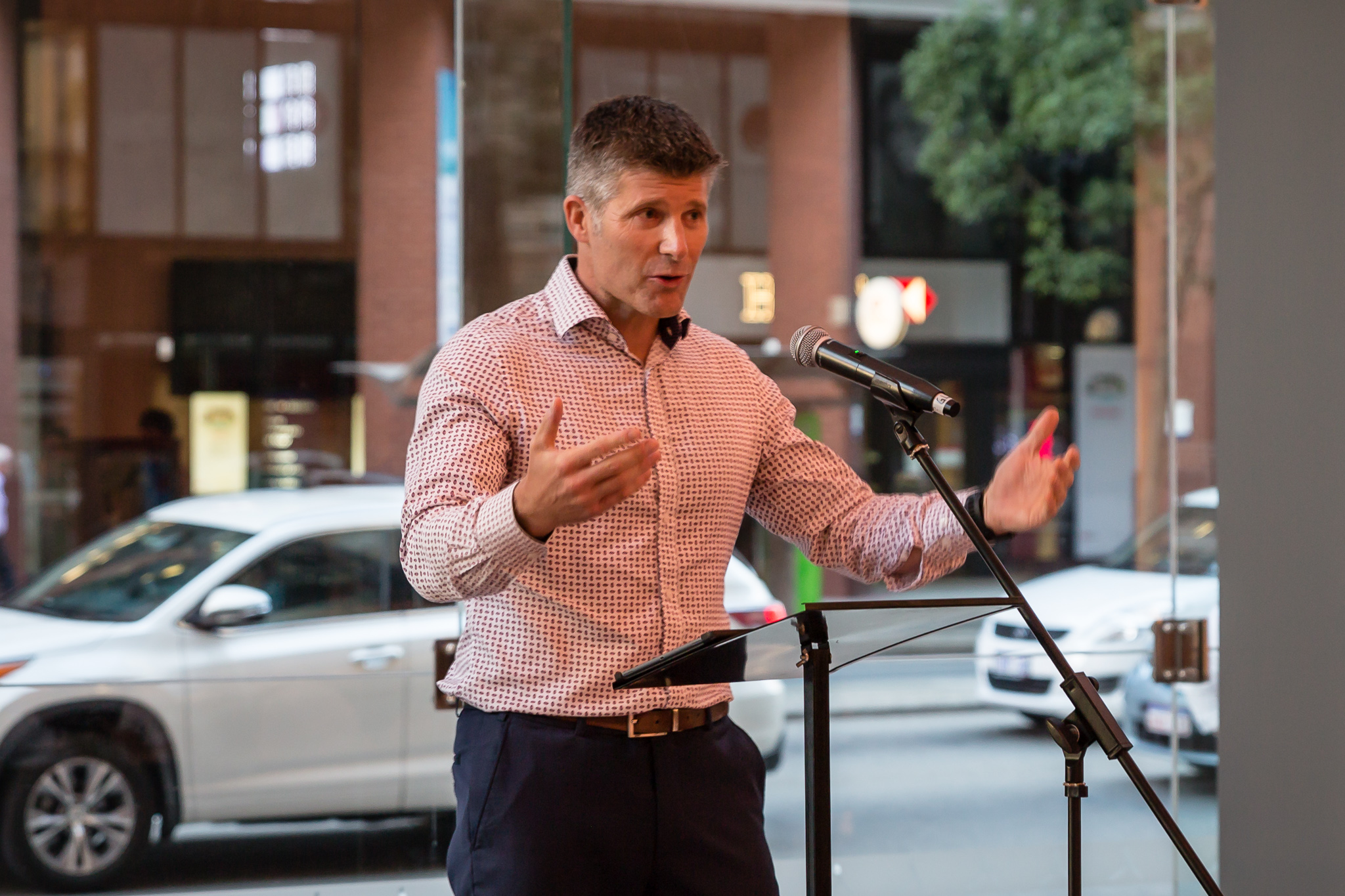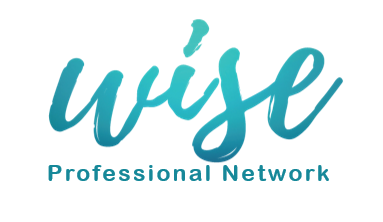All posts by Cristina Cantillo
Women in Subsea Engineering – Establishing the Baseline
Recently WISE initiated a study in order to gain further insight into the status of women working in the subsea sector. Prepared by Professor Linley Lord, Dr. Melissa Marinelli and Ms Danielle Leotta the report aims to establish a gender profile with a particular focus on women in STEM (science, technology, engineering, maths) professions in order to identify barriers and which are limiting participation and develop strategies to address this.
In 2016, Australia’s Chief Scientist released the report Busting the Myths about Women in STEM (Prinsley, Beavis, & Clifford-Hordacre, 2016) highlighting the persistent lack of women in STEM professions and the need for ongoing support and intervention to increase their workforce participation in these fields. Further research (Catalyst, 2016, Lord, Eastham, Jefferson & Wardale, 2014, The Chamber of Minerals and Energy of Western Australia, 2015, 2017) indicates that women continue to be underrepresented in the Australian resources industry, including the oil and gas extraction sector.
So, what does ‘Women in Subsea Engineering – Establishing the Baseline’ tell us?
A key finding is the lack of data specifically related to women in the subsea sector. There is information available about women in resources, however this appears to be collected too infrequently to enable accurate measurement of industry-led initiatives.
Despite this lack of data, the focus groups revealed women see the sector as exciting, challenging and innovative, offering diverse career opportunities. Visibility of the sector continues to require improvement.
Many issues faced by women in the subsea sector are common to those in related industries, for example difficulty establishing credibility, difficulty accessing formal and informal networks and mentorship opportunities, challenges utilising flexible working arrangements, negative perceptions around women as mothers and a lack of understanding of the value of diversity within organisations.
Clearly, we need to continue to work on increasing the awareness of the subsea sector, especially to university students. We also need to consider attracting women to the industry later in their careers. This might include financial support for further training, flexible work arrangements, and educating managers on the value of diverse teams.
We hope you’ll join us to hear the full findings of ‘Women in Subsea Engineering – Establishing the Baseline’ presented by Professor Linley Lord on Wednesday, September 12 at Curtin St Georges Terrace.
Please register to the event here as places are limited.
TOP FIVE TIPS TO BUILD MEANINGFUL NETWORKS
Recently, the WISE development team hosted a session addressing one of the most important skills we as professionals need to develop to achieve success in their careers, networking. Networking is often daunting, however it’s incredibly important for both professional achievement and satisfaction. The session was led by Ron Gibson, who is a leader in business and career networking. Ron provided the group with valuable advice on how to build honest, lasting and generous relationships.

According to Ron skills, experience and knowledge account for just 50% of our professional success. Networks, friends and relationships make up the balance – failure to nurture theses really is detrimental to our careers in the long term.
An interesting exercise we all participated in (and you can do right now) was to go through our contacts in our mobile phones. How many of them are honest relationships who might provide us professional or personal growth opportunities? How many of them can we provide growth opportunities to? Do we really maintain an active relationship with them? Perhaps some of our contacts have ‘dropped off’ because we get busy, we don’t keep in touch and life goes on. Unfortunately, this leads to a loss of potential opportunities for us professionally and personally that might come from those contacts where we’re just not front of mind anymore.
Ron gave us some great tips we can all use to help keep our networks growing, and more importantly, thriving. The top five tips for building honest relationships and nurturing our networks include:
1. Always have something to invite people to.
By giving we provide effective relationships, we provide value. It is important to invite someone who might be benefited from a special event, conference, development session, etc. The more you give, the more you receive. Simple.
2. Always have something to send them.
For example, emails, podcasts, videos or invitations. This will feed the relationship and keep relationships alive. You’ll continue to be front of mind. Again, the psychology of giving brings a higher level of engagement and learning.
3. Introduce people to each other.
By bringing people together they are likely to benefit mutually from a new relationship. Networking is inevitably reciprocal, and by taking the initiative to start this happening, we are much more likely to expand our own professional networks.
4. When we are networking and it’s not going as expected, then we are not always giving or helping in a meaningful way.
Take time to identify those who are uncomfortable. Networking is often overwhelming so spending a few minutes chatting to someone is a meaningful way to contribute.
5. Be genuine.
Establish meaningful conversations in which both parties enjoy and feel comfortable. In a room full of professional at a networking function, there is always some common topic of conversation. The speaker, the venue, follow up events, etc. are all fairly safe areas. It’s also important to remember some detail about contacts (when you can, although granted we’re not all human filing systems!), their football team, or holiday destination, an interesting project they’ve been working on for example. We should recognise networking as a process, and something we need to continue to work on. The more time and energy we invest in constructing a relationship, the more meaningful and mutually valuable it will be.
Networking is a continuous process, and the moment we stop investing our time and energy into it is the moment it starts to deteriorate. We need to keep meeting people and establish new relationships, while continuing to nurture and develop those we have. Get involved with organisations, accept leadership positions, write blogs, give speeches, and actively do the things which lead to a wider network.

An insight of diversity in the subsea sector of the oil and gas industry
International Women´s Day 2018 was an excellent opportunity to learn about the status and challenges of female inclusion in the STEM industries. Morgan Harland, General Manager of Subsea and Pipeline at Woodside, shared with us his professional experiences and some honest reflections of what have been achieved and the barriers women still face.

In his 28th year of working in the oil and gas sector, the invitation to key note at the Wavemaker stories launch provided Morgan an opportunity to consider where we stand today, which does show a positive statistical trend. However, he questioned whether this data really means diversity has been achieved since there is still an absence of women in team lead roles and few women performing in senior engineering roles.
An important step in achieving true diversity is exploring and adjusting one’s own unconscious attitudes, which might be influenced by learned perceptions and personal experiences. “We need to attend to “differences” as these are really our “assets”, and this attention will exploit the incremental creativity of diverse group”, Morgan stated. Perhaps humans tend to sub-consciously evaluate people and develop perceptions about others, but it is a combination of differences and backgrounds that fuels this instinct and certainly means diversity.
According to Morgan, “we are entering the era of cognitive diversity and self-awareness is a critical component”. He suggests that, rather than trying to mould people or trying to change who they are, we should become more consciously accomplished and aware of the origin of our perceptions and evaluations. After establishing that, we would be much better prepared to raise awareness of diversity.
Morgan stressed the importance of leadership to achieve diversity and shared four main attributes of successful leaders and people who have inspired and motivated him:
1. Integrity - an internal true north compass to guide the right decision
2. Courage - to challenge for positive change
3. The ability to communicate the context consistently and broadly
4. The ability to listen and in doing so travel outside their own view of the world.
Clearly, the pathway of diversity is complex and sensitive, and we should commemorate the goals achieved so far, being clear that there is still work to be done to ensure that every business and every individual benefits from true diversity.
